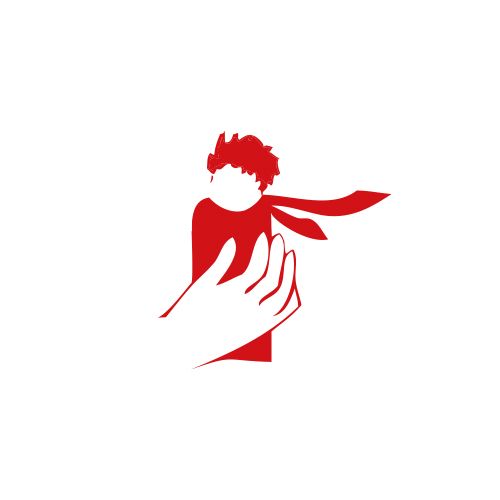Incest - Béatrice Riand
Incest, a creeping killer: A Look at the harsh reality in Switzerland with Béatrice Riand, author of the collection of testimonies “Ces gens-là”, published by Éditions Slatkine (2023)
Béatrice Riand, a writer from the canton of Valais, has put together a collection of deeply moving accounts from victims of incest. this reality struck this woman of conviction right in the heart. Today, she is lending her voice to ensure this devastating but silent scourge is finally brought before the Swiss National Council.
The writing style of the given text is delicate and the testimonies are presented as short novels. However, it is important to remember that the people depicted in these stories are real. The perpetrators come from familial relationships such as fathers, brothers, cousins, uncles, grandfathers, and mothers. These individuals can be found in all walks of life. Victims frequently find themselves unable to speak out about their experiences. Their accounts are often met with skepticism or dismissed outright, and they may have difficulty finding someone to advocate. Many feel compelled to shield the reputation of a loved one, such as a family member, partner, or community leader. Victims are often abandoned by those around them and society. This is distressing when you consider that 1 in 5 children worldwide is a victim of sexual violence in their lifetime and that 80% of them know their abuser. It is distressing when we consider the devastating consequences of incest on individual life paths and its devastating impact on public health.
Atrocious consequences, loss of prospects, and loss of identity
Incest wounds the soul and the shaky identity of a child or adolescent who is largely constructed on the support of a loving and protective parental figure.
This internal explosion leaves the victim with an abysmal emptiness. Incest has terrible consequences, including loss of opportunities and identity. It wounds the soul of a child or adolescent who relies heavily on the love and protection of a parental figure. This internal turmoil creates a profound sense of emptiness. The outside world seems dangerous while the inner world is in ruins. The victim is forced to operate in survival mode, unable to access the resources they need to develop socially, academically, or professionally.
Victims' testimonies reflect a recurring pattern: loss of self, feelings of emptiness, isolation, difficulty communicating, and low school results. It's common for people close to the victim to watch them die slowly without being alerted. The suffering individual is labeled as “clumsy", "awkward", or "shy". They are asked to do the impossible, to succeed in moving forward with a nervous system that is out of whack, constantly on the alert, at risk of cracking and leaving them stranded at the slightest jolt.
A public policy issue in terms of the economy and health.
These shattered paths are unacceptable in terms of human dignity and collateral costs. Without support, victims sometimes end up on welfare, become dependent on social services, and are unable to hold down a job or complete a training course. The resurgence of unhealed trauma can lead to numerous problems in terms of family and professional dynamics, and physical and mental health.
This matter is a public health problem of the highest order. Politicians urgently need to get to grips with it and ask the Swiss government to commission a national study on the subject, along the lines of what has been done in France. Béatrice Riand is also campaigning for effective detection tools to be introduced in schools.
The collateral costs of public policy are disastrous and could be avoided by taking appropriate and rapid action. It's time to look at incest as a social issue whose resolution depends on every part of the Swiss political spectrum.
Share









